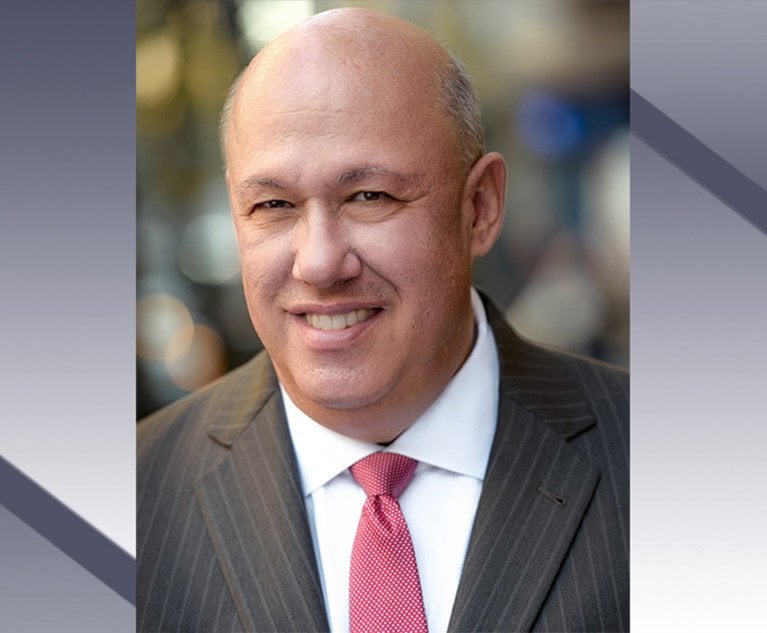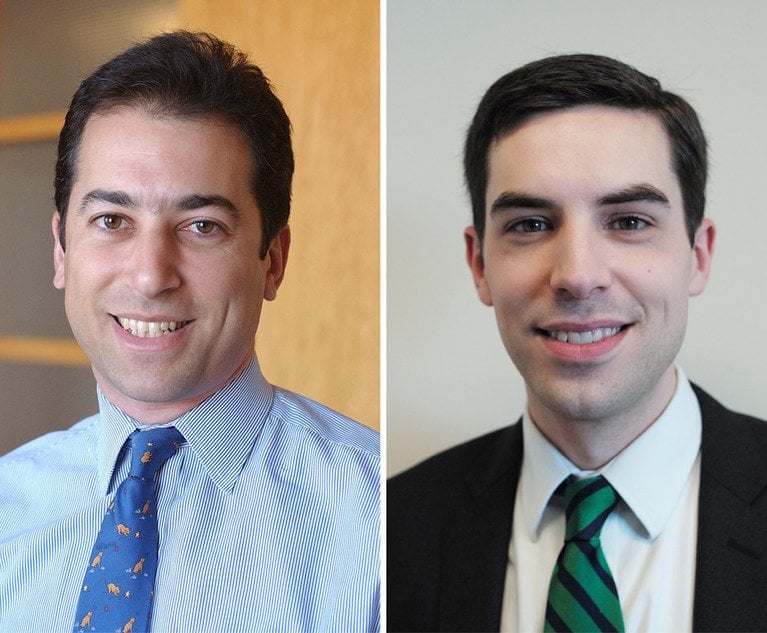With the passage of the sweeping Child-Parent Security Act (the CPSA) in April of 2020, New York catapulted from near-last in the nation to a model statute protecting families created through Assisted Reproductive Technology (ART).
For almost 30 years, despite being largely regarded as a progressive state, a beacon of medical research and development, and one of the flagbearers for the LGBTQ rights movement, New York maintained one of the harshest, most ART-unfriendly laws in the nation. Codified in 1995, not long after the seminal and highly publicized case of Baby M. in neighboring New Jersey (In re Baby M., 537 A.D.2d 1227 (N.J. 1988)), former New York Domestic Relations Law §§121-123 declared all surrogacy contracts “void and unenforceable” and violative of New York public policy regardless of whether the surrogate was compensated, and imposed not only civil penalties for parties to surrogacy contracts, but civil and criminal penalties for professionals facilitating them.
This content has been archived. It is available through our partners, LexisNexis® and Bloomberg Law.
To view this content, please continue to their sites.
Not a Lexis Subscriber?
Subscribe Now
Not a Bloomberg Law Subscriber?
Subscribe Now
LexisNexis® and Bloomberg Law are third party online distributors of the broad collection of current and archived versions of ALM's legal news publications. LexisNexis® and Bloomberg Law customers are able to access and use ALM's content, including content from the National Law Journal, The American Lawyer, Legaltech News, The New York Law Journal, and Corporate Counsel, as well as other sources of legal information.
For questions call 1-877-256-2472 or contact us at [email protected]


 Credit: Natalia Deriabina/Shutterstock.com
Credit: Natalia Deriabina/Shutterstock.com




